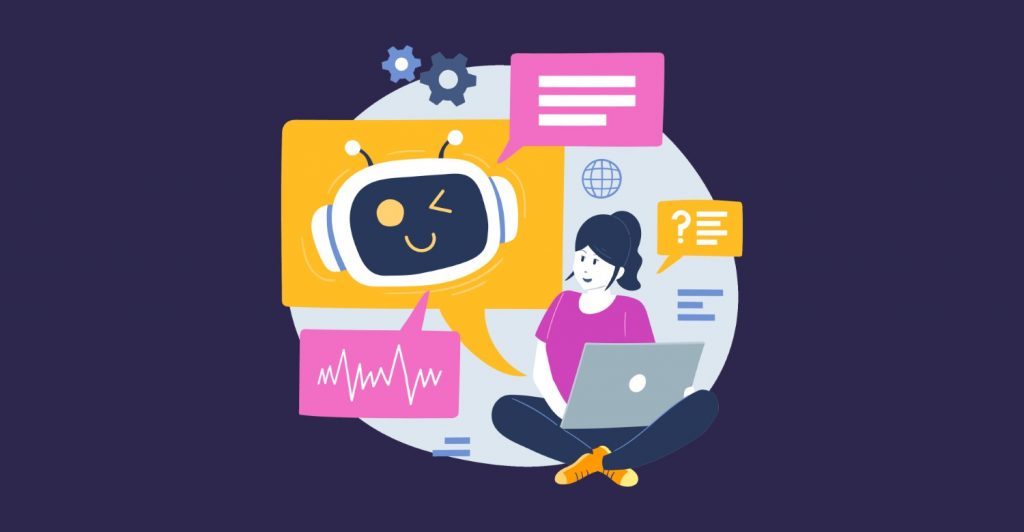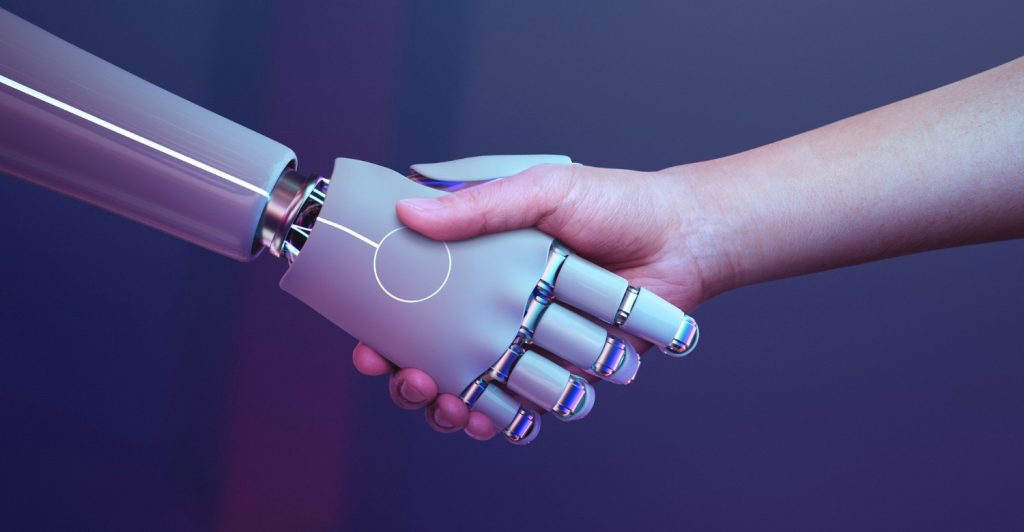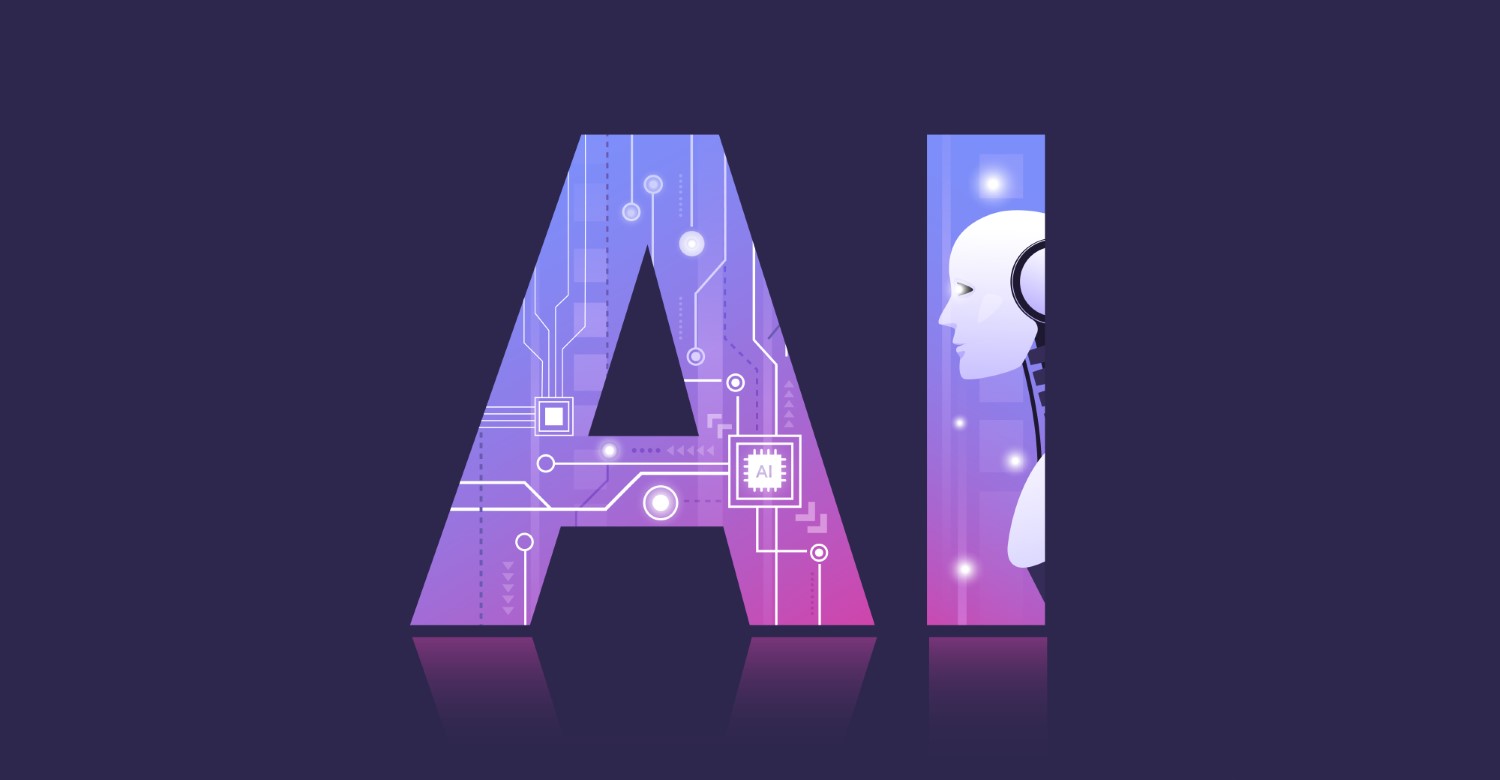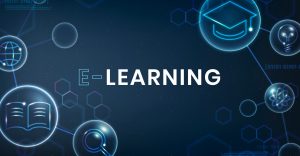We live in a world where the constant hum of innovation shapes our every step, and we find ourselves on the verge of a fantastic transformation with AI in education. Envision this: classrooms that adapt to each student’s unique abilities, fostering a learning experience that mirrors individual strengths and passions. This isn’t a fantasy; it’s the reality that Artificial Intelligence (AI) is weaving into the fabric of education.
Table of Contents
1. The Evolution of Education and Artificial intelligence’s Emergence
1. The Traditional Classroom Model and its Limitations
We’ve all been there, squeezed into rows of desks, absorbing uniformly presented information forced on us. But the catch is not all learners are cut from the same tree. Some flourish in the early morning, and others thrive under the moonlight’s glow. Some learn by hearing or seeing, while others absorb knowledge by doing. The traditional classroom model, while respected, only sometimes cater to these differences. And that’s where Ai strides in modern days. Envision Ai as your tutor, deciphering your learning style and pace. Ai tunes into your learning preferences as a mentor who would tailor advice based on your needs. It’s like having a trusted companion on your educational journey who adapts to your rhythm and clears the path ahead.
2. A Glimpse into AI’s Educational Potential
What is AI in education potential? An Ai-powered platform can recognize when you’re struggling with a concept and provides additional resources tailored to the subject. It’s like having a supportive friend who senses your confusion and lends a helping hand.
Let’s be clear here. Ai isn’t here to replace teachers but to enhance the learning process. by alleviating some of the burden off teachers’ shoulders, especially in areas with overcrowded classrooms. Think of Ai as a collaborator in your education, presenting topics in ways that uniquely resonate with you. It’s a creative twist on the traditional way of learning.

2. Personalized Learning: Unleashing Individual Potential
1. Tailoring Content to Individual Learners
Learning on your own is like Navigating a labyrinth of knowledge. Ai will be your tour guide holding, showing you the path. As you progress, Ai watches, listens, and adapts. It’s like a coach observing strengths and weaknesses, tailoring a training regimen accordingly. If you excel in algebra but need help with geometry, Ai ensures you receive the correct dose of challenge and support. It’s mostly about understanding your learning journey personally. Ai becomes your mentor, providing a virtual shoulder when challenges arise.
2 Learning at One’s Own Pace: Adaptive Scheduling
The bell rings, the class moves on, and you’re left with unanswered questions. I bet you know the feeling. With Ai, this narrative changes. Ai will be your learning partner, adjusting the tempo based on your understanding. It’s like having a personal tutor 24 hours a day, seven days a week. In this dynamic of adaptability, learning shines. Ai evolves with you, learning from your progress and setbacks. It’s an unspoken dialogue that continuously shapes itself to empower you.
3: Crafting the Future of Education with AI-Driven Learning Platforms
1. Smart Content Delivery: Adaptive Learning Platforms
We will have an educational system where it’s more about quality than quantity. Ai is the wizard conjuring this reality. It assesses your hold on concepts and tailors content complexity accordingly. It’s like having a personal mentor providing the proper challenge to fuel intellectual growth.
It will be a blend of adaptability and learning. Ai isn’t a static instructor; it evolves as you do. It learns from interactions, absorbing insights on what works best for you. Ai fine-tunes its approach with each interaction.
2 Virtual Tutors and Personalized Assistance
Ai-powered virtual tutors will be the norm. Imagine a support system a click away, ready to simplify calculus mysteries or decode historical nuances. Ai-driven tutors offer real-time guidance, answering questions and providing that “aha” moment when understanding concepts.
In this digital mentorship, intuition, and gut feeling emerge. Ai isn’t merely processing data; it’s tapping into intuition to understand your needs. Just as a friend might offer advice based on a gut feeling, Ai infuses guidance with insights from interactions.
The seamless synergy between Ai and students mirrors the iterative process of revision and iteration. Ai continuously refines strategies, much like a writer refining drafts. It adapts to your progress, ensuring the learning journey remains fruitful and engaging.

4. Ethical Considerations and the Human Element
1. Balancing Data Privacy and Student Welfare
While the promises of Ai-driven education are captivating, the ethical implications cannot be overlooked. One key consideration is the delicate balance between data privacy and student welfare. Ai thrives on data collection, student performance, preferences, and interactions. However, the trustworthy usage of this data is crucial to ensure student information remains confidential and secure.
Here comes the role of regulation agencies. Where expertise comes into play, An Ai expert understands the intricacies of data protection, ensuring Ai systems are developed and deployed to prioritize student privacy. Just as an author meticulously chooses words to convey meaning, AI experts carefully craft regulations to respect the confidentiality of student information.
2. The Role of Educators in an AI-Powered World
As AI integration becomes more prevailing in education, an important question emerges: What is the role of human educators in an AI-powered education system? Here comes the position of the human element—the irreplaceable qualities educators bring to the table. While AI excels at personalization and data analysis, it lacks the warmth, empathy, and inspirational guidance human teachers provide.
Educators’ uniqueness and voice stand firm and sometimes sticks with us our whole life. Just as an expert writer’s voice adds depth and authenticity to their work, educators infuse classrooms with unique teaching styles, life experiences, and mentorship. Ai isn’t a replacement but a tool that empowers educators to amplify their impact, enabling them to focus on cultivating critical thinking, creativity, and emotional intelligence in students.
AI’s role in education isn’t a replacement for educators; it’s a partner that amplifies their impact. It caters to your unique learning journey, celebrating your growth and supporting you through challenges. Just as an expert writer crafts narratives that resonate, AI crafts personalized educational pathways that resonate with you.
Embracing a Collaborative Future: AI and Humanity in Education
The tapestry of education is evolving, woven with threads of human wisdom and AI’s analytical capabilities. As educators, students, and AI experts, we will witness a new era where learning is as unique as your fingerprint and as dynamic as your aspirations. As humans navigate this uncharted territory, we are invited to celebrate the harmonious convergence of humanity’s spirit and AI’s potential, paving the way for an education that’s as limitless as the human imagination.
FAQ Section: Demystifying Ai in Education
Q1: Is Ai taking over the role of teachers in education?
A1: Not at all. Ai complements teachers by providing personalized learning experiences and support. Human educators remain essential for fostering emotional connections, motivation, and critical thinking.
Q2: How does Ai ensure data privacy for students?
A2: AI experts develop algorithms that prioritize data protection. Stricter protocols, encryption, and ethical guidelines ensure student information is secure and used responsibly.
Q3: Can Ai-driven platforms understand the nuances of human emotions?
A3: Ai can analyze emotional cues through text sentiment analysis or facial recognition. However, interpreting complex emotions might still require a human touch.
Q4: Is Ai only suitable for specific subjects, or can it teach many topics?
A4: Ai’s adaptability allows it to cover diverse issues. It excels at repetitive tasks like math problem-solving, language learning, and even creative fields like music and art.
Q5: How can educators harness Ai to enhance their teaching methods?
A5: Educators can use AI to tailor lessons to individual learning styles, identify struggling students for targeted help, and automate administrative tasks, thus allowing more focus on teaching.


